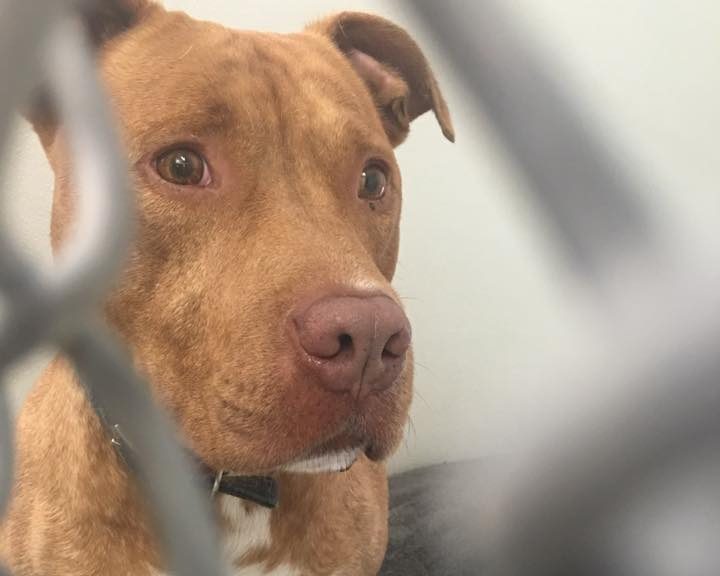A week after Albemarle County claimed it had no documents in response to a FOIA request for receipts from the veterinarian that euthanized a dog named Niko, it released a report hand delivered to Albemarle County Circuit Court on July 18 attesting to the euthanization, but providing no additional information.
“In accordance with the court’s June 10, 2022 Order, requiring Albemarle County to dispose of the dog Niko, Albemarle County Animal Control delivered the dog to a licensed veterinarian who euthanized it on July 14, 2022,” reads the entirety of the report from Albemarle County Police Chief Sean Reeves.
A cover letter accompanying the report from Albemarle County Senior Assistant County Attorney Richard DeLoria says the report came at the request of Judge Cheryl Higgins, who issued the order for Niko’s disposal.
“We’re still working on getting answers as to how Niko was disposed of and why,” says Elliott Harding, the attorney who has represented Niko’s owner during a lengthy court battle to save the dog’s life. “When it comes to public use of private services, whether it be veterinarian or any other service, it’s a matter of public record. It’s disappointing that it’s taking this long to get the answers that will eventually come out.”
Niko arrived at the Charlottesville Albemarle SPCA in December 2014 after Higgins ruled he had killed a neighbor’s cat and labeled him a dangerous dog. In a statement defending Niko’s euthanization as a public safety matter, Albemarle County cited three other incidents in which Niko injured another dog as the basis for the decision. One occurred at the SPCA in 2016 when Niko escaped a handler.
Harding has pointed out that there are many other dangerous dogs in Albemarle County. The designation “dangerous dog” is not as serious as “vicious dog,” and Harding says the law actually encourages alternatives to euthanization for dangerous dogs. He says he and Niko’s owners found numerous safe placements for Niko at sanctuaries or homes in- or out-of-state, but the county did not respond to his repeated inquiries about what conditions it would require to release the dog rather than euthanize it.
Euthanasia guidelines from the American Veterinary Medical Association encourage vets to suggest alternatives to euthanasia when they are presented with a request to put down a healthy animal. A chart aimed at helping vets to determine when euthanasia is appropriate asks them to consider, “If my actions became public, would I feel shame?”
The Charlottesville Albemarle SPCA refused to participate in Niko’s euthanization and said it opposed the county’s decision in a statement released after the dog’s death.
Harding says he has learned that Niko’s remains were picked up from a Charlottesville vet by a Verona-based animal cremation company called Paws and Remember on July 21 and subsequently delivered to the SPCA. C-VILLE’s call to the veterinary practice cited by Paws and Remember to confirm the method and location of the euthanization was unsuccessful.
“She’ll call you back if she wants to,” a receptionist said of the practice manager. C-VILLE received no return call, and Harding was asked to leave that office when he stopped by to inquire.
C-VILLE’s initial FOIA request sent July 15 also sought information about how the county arrived at the decision to euthanize Niko and what alternatives were considered. Documents the county provided in response to those queries were heavily redacted, making it impossible to gain additional information.
